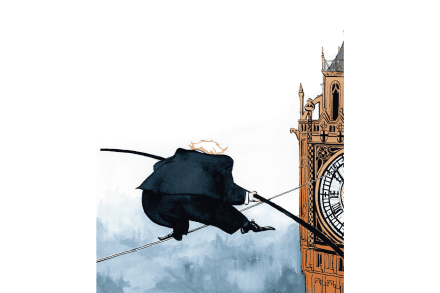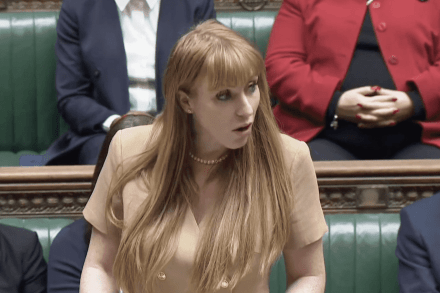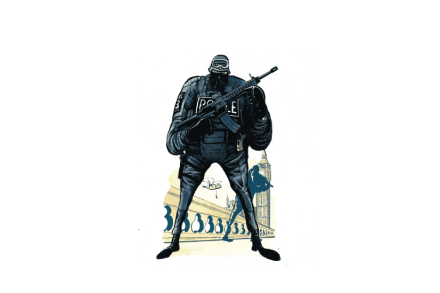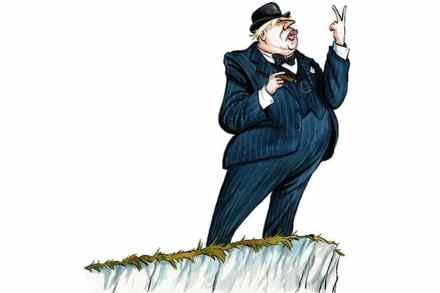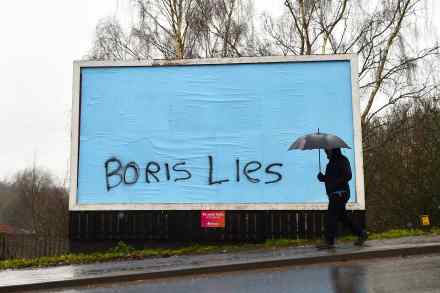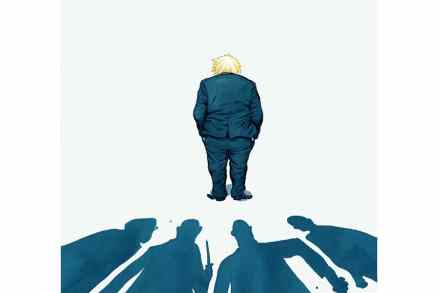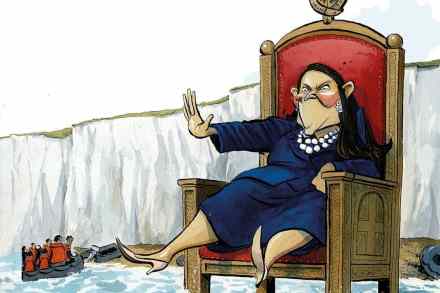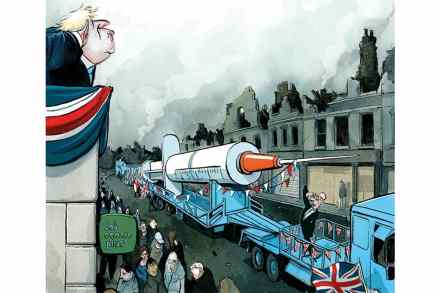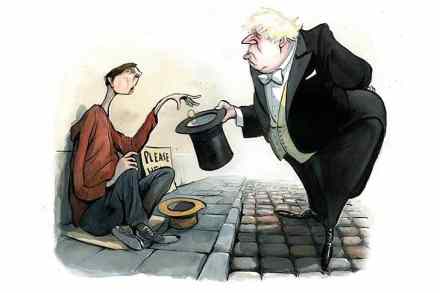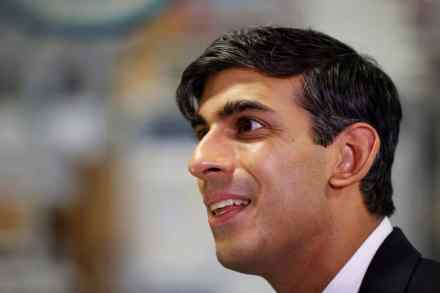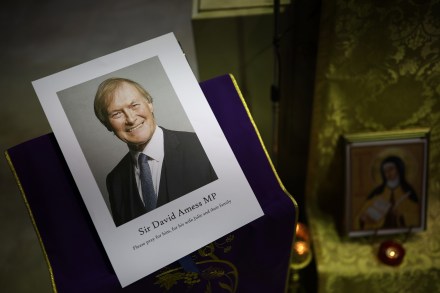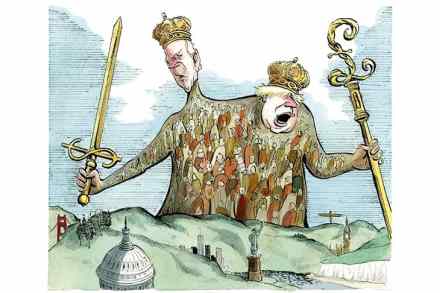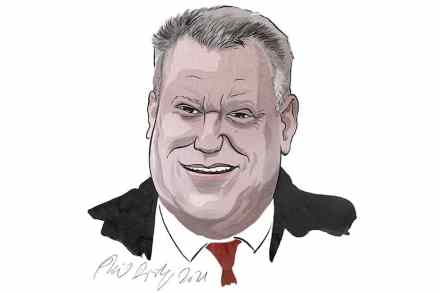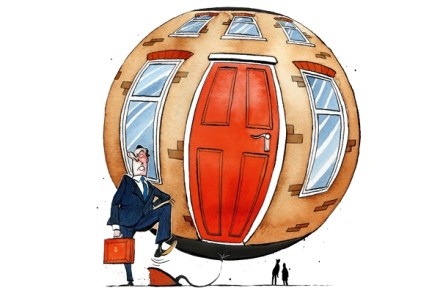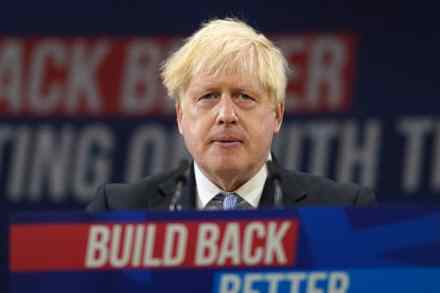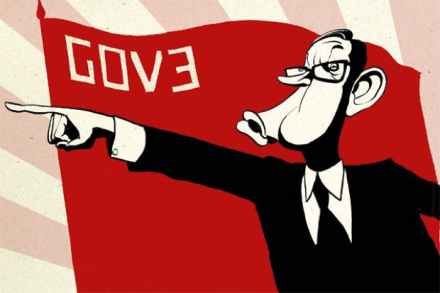Did Johnson mislead the Commons?
Boris Johnson had hoped to move attention this week from parties — with a series of policy announcements planned as part of ‘Operation Red Meat’, his fightback plan. Nadine Dorries this afternoon told MPs in the Commons of plans to freeze the BBC licence fee for two years while No. 10 plan to bring the military in to tackle the channel crossings — a move that led MPs to congratulate the government on the Tory WhatsApp group. Yet as No. 10 waits for Sue Gray’s report into Partygate, the situation is moving. This afternoon, Boris Johnson’s former aide turned tormentor-in-chief Dominic Cummings published a blog on his Substack in which he made new allegations
